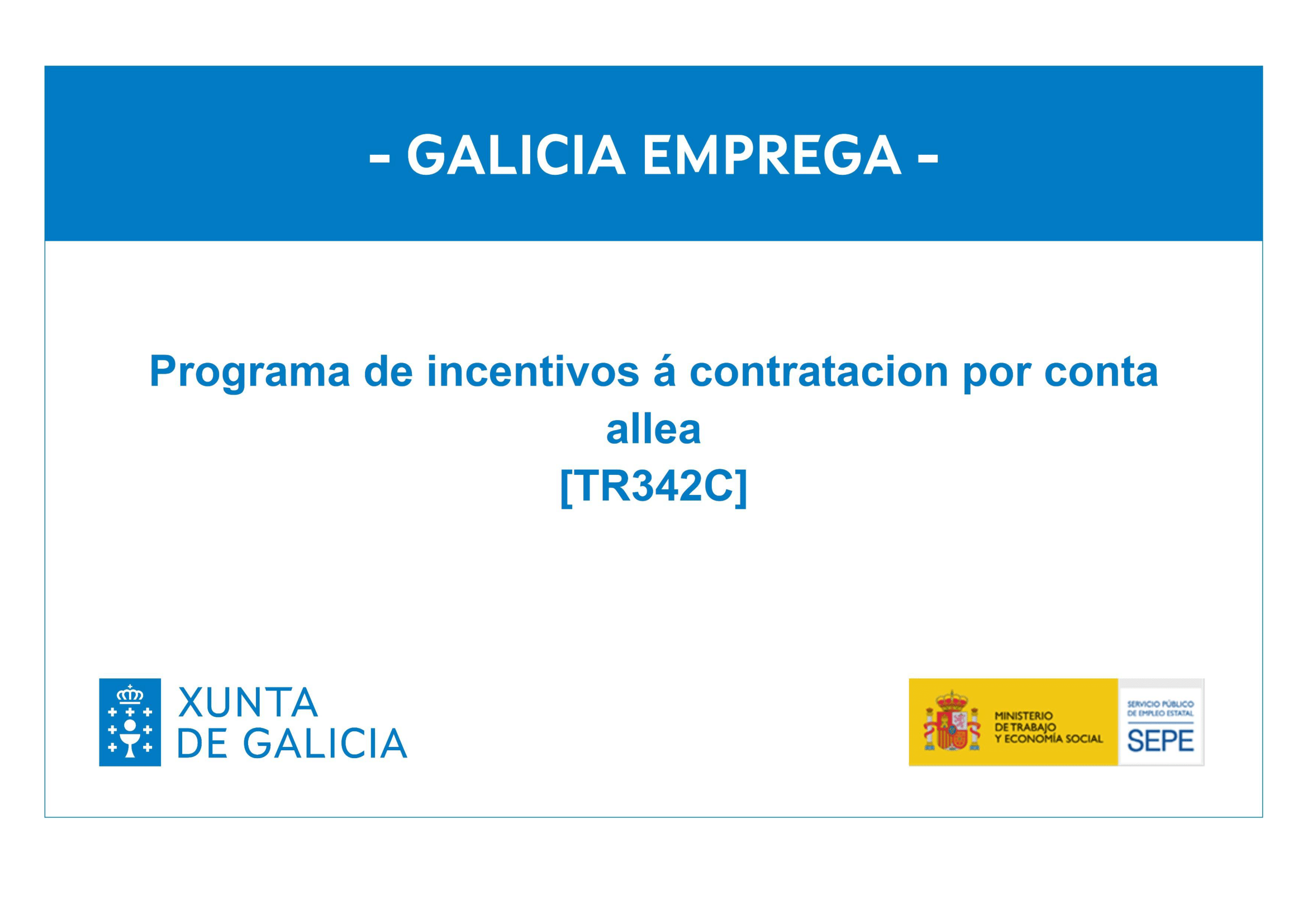The increase in this type of transactions has shown the need for a logistic restructuring.
Ordes, 24 November 2020. The pandemic has changed consumer habits and the relation between companies and their customers. In this regard, the Internaco Entreprises Group has seen a 230% growth in e-commerce transactions between March and June compared to the same period in 2019. Juan Ferro, the general manager of the Ordes-based company claims that “e-commerce has been one of the main protagonists of this crisis. For many industries, it has been the only channel that has allowed them to remain operative and has become a key and necessary channel of communication with clients and customers.”
The Internaco Enterprises Group is the official dealer of brands like Husqvarna in Portugal, a country where e-commerce transactions grew 205% during the same period compared to last year. To explain this phenomenon, Juan Ferro notes that “we all have understood that there are no physical shop customers and online customers, they are the same. Depending on their needs and the circumstances, they will contact us where it suits them best; our duty is to keep all communication channels open”.
The Internaco Group has been working over the last two years on the implementation of an omnichannel model in the network of official dealers and results have been good. In this regard, Juan Ferro explains that “the pandemic has prompted us to embrace the notion of omnichannel approach, which all the companies saw comfortably on the horizon. We have immediately understood that there is not such a thing as physical shop customers and Internet customers, they are the same. Depending on their needs and the circumstances, they will contact us where it suits them best; our duty is to keep all communication channels open”. Internaco e-commerce is the same as the one available to the Husqvarna dealers, which was consolidated during the lockdown as a key channel of communication and trade between the network and customers.
The growth of e-commerce has shown the need to reorganize the logistic area of business. “This restructuring was already needed, and the health crisis has only made its implementation more pressing. The growth of e-commerce during the lockdown has exposed the shortcomings in the sector,” explains Juan Ferro.
As to how the Internaco Enterprises Group has coped with the pandemic, the general manager of the company points out that “it has been, and remains to be, an uncertain scenario where it is difficult to be sure that the decisions taken will be the right ones.” We have tried to address this situation cautiously, with empathy and responsibly. Our priority has been at all times the taking of prevention measures to ensure the safety of our staff, clients and associates, while trying to maintain all our services operative and available to all our distribution networks, true to our responsibility of ensuring a correct supply of machinery and other tools that are necessary for agriculture, farming, forestry and the care of green areas, all of them considered as essential activities during the lockdown”.
During the pandemic, there have been four products whose demand has increased significantly: DIY products to improve the comfort of homes, non-professional gardening products, farming products and products developed at the beginning of the health crisis such as face masks, hydrogel, disposable gloves, and air purifiers.
As to how long it will take to go back to normal, Juan Ferro explains that “we still don’t know the dimension of the economic crisis we are facing, as it will very much depend on how long it will take to have a treatment or a vaccine available. We can anticipate an unprecedented decline in the national GDP and a substantial increase in unemployment which will undoubtedly have an effect on consumption. These are very negative and discouraging data, but we know that they are not homogeneous, they do not affect equally to the whole productive fabric, but, on the contrary, there are industries that are strongly affected by restrictions on mobility that could quickly recover their activity as soon as the health crisis is over. I don’t think it is unreasonable to predict a quick recovery once we are safe from the pandemic.






